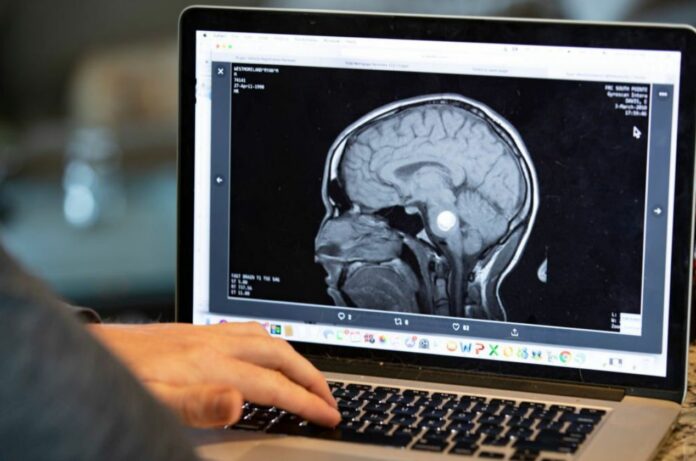New Brain Scans Show How Our Minds Craft Rich Memories from Simple Scenes
Washington University researchers have gained fresh insights into the brain’s processing and recall of everyday events. Led by Zachariah Reagh, an assistant professor of psychological and brain sciences, and co-author Charan Ranganath of the University of California, Davis, the study utilized functional MRI scanners to monitor subjects as they watched short videos of scenes that resembled real-life situations.
The researchers aimed to understand how the brain experiences and remembers daily surroundings.
“They were very ordinary scenes,” comments Reagh. “No car chases or anything.”
Following the viewing of the real-life scenarios, the study’s subjects described the scenes in detail, which led to intriguing discoveries. Different parts of the brain collaborated in understanding and recalling a situation.
The networks in the front part of the temporal lobe, which are renowned for playing a significant role in memory, focused on the subject irrespective of the surroundings. Meanwhile, the posterior medial network, located in the parietal lobe towards the back of the brain, paid more attention to the environment.
The networks subsequently conveyed information to the hippocampus, which merged the signals to form a coherent scene, according to Reagh.
Researchers have previously studied the distinct building blocks of memories using extremely basic things and circumstances, such as a photograph of an apple on a beach, according to Reagh. It isn’t that easy, he said.
“I wondered if anyone had done these types of studies with dynamic real-word situations and, shockingly, the answer was no.”
The latest research, published in Nature Communications, implies that the brain creates mental images of individuals that can be transferred from one place to another, similar to how an animator may copy and paste a figure into multiple scenarios. While it may not seem logical, he noted, “your brain can create a sketch of a family member that it moves from place to place, but it’s very efficient.”
Some participants were able to remember the café and grocery store images more fully and precisely than others. Reagh and Ranganath discovered that those with the best recollections recalled scenes using the same brain patterns as while they were viewing the video.
“The more you can bring those patterns back online while describing an event, the better your overall memory,” he adds.
Reagh stated that it remains unclear why some individuals are more skilled than others in reproducing the cognitive processes necessary to access memory. However, he added that several factors can impede memory retrieval.
“A lot can go wrong when you try to retrieve a memory.
“Even memories that seem crisp and vivid may not actually reflect reality.”
“I tell my students that your memory is not a video camera. It doesn’t give you a perfect representation of what happened. Your brain is telling you a story,” he adds.
As a faculty member at Washington University, Reagh is actively participating in the research cluster, “The Storytelling Lab: Bridging Science, Technology, and Creativity.” The initiative, which forms part of the Incubator for Transdisciplinary Futures, is led by Jeff Zacks, the Chair of the Department of Psychological & Brain Sciences, alongside Ian Bogost and Colin Burnett. The Storytelling Lab aims to explore the psychology and neurology of narratives. Reagh intends to delve deeper into the study of brain activity and memory in individuals exposed to complex stories in the future.
“The Storytelling Lab fits perfectly with the scientific questions that I find most exciting,” Reagh adds. “I want to understand how the brain creates and remembers narratives.”
Image Credit: Getty
